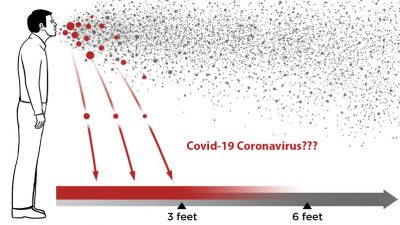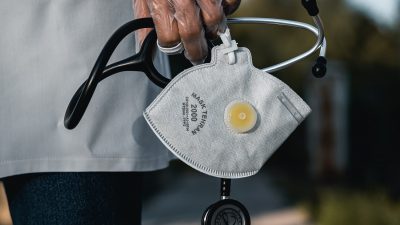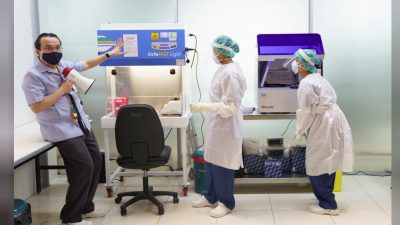NASA has selected 409 technology proposals for the first phase of funding from the agency’s Small Business Innovation Research (SBIR) and Small Business Technology Transfer (STTR) program. The contracts will provide approximately $51 million to 312 small businesses in 44 states and Washington, D.C.
“NASA depends on America’s small businesses for innovative technology development that helps us achieve our wide variety of missions,” said Jim Reuter, associate administrator for NASA’s Space Technology Mission Directorate in Washington. “Whether we’re landing Artemis astronauts on the Moon, sending rovers to Mars, or developing next-generation aircraft our small business partners play an important role.”
More than 100 of the selected companies will be first-time recipients of a NASA SBIR or STTR contract. Additionally, 27% of the small businesses are from underrepresented groups, including minority and women-owned businesses.
Companies will receive up to $125,000 for each of the Phase I selections. SBIR awards are made to only a small business, while STTR awards are made to a small business in partnership with a non-profit research institution.
The selected proposals represent a range of technologies that aim to benefit human exploration, including NASA’s Artemis program, as well as science, technology, and aeronautics. Many of the innovations also have potential applications on Earth. The following are among the selections.
- Opterus Research and Development in Fort Collins, Colorado, was selected for an SBIR award to develop high-power solar arrays to provide power on the Moon, Mars, and onboard spacecraft.
- Architecture Technology Corporation in Eden Prairie, Minnesota, was selected for an SBIR contract to advance a safe and efficient air traffic control system for urban transportation systems in the sky. The system could help cities plan for commercial air taxi services.
- CU Aerospace in Champaign, Illinois, was selected for an SBIR award to develop a compact sterilizer for use on spacecraft materials and throughout the medical industry, including personal protective equipment.
- Paragon Space Development Corporation in Tucson, Arizona, was selected for an SBIR award to mature a system to collect and purify water found on the Moon. The research and development could inform how to generate products with local materials in space.
- Aegis Technology in Santa Ana, California, was selected for an STTR award in partnership with Cornell University to develop low cost lithium-ion batteries with more desirable performance, including longer lifespans. The batteries could benefit hybrid electric or all-electric power generation.
Phase I awards are made to small businesses to establish the merit and feasibility of their innovations. Phase I SBIR contracts last for six months and Phase I STTR contracts last for 13 months. Based on their progress during Phase I, companies may submit proposals to subsequent SBIR/STTR opportunities and receive additional funding.
“A Phase I award is just the first step in helping these small businesses bring their technologies and ideas to market,” said NASA SBIR/STTR Program Executive Jenn Gustetic. “We know these companies not only need funding, but business guidance and industry expertise to help them develop better products and grow. Our program aims to help each of them in their journeys to commercialization.”
The structure of NASA’s SBIR/STTR program allows the agency to continuously invest in small businesses as their technologies reach different maturity stages. Phase II contracts support prototyping. The program also fosters rapid development and integration into the commercial marketplace and NASA missions through post-Phase II opportunities.
NASA plans to select and award multimillion-dollar sequential Phase II contracts to some companies with previous Phase II contracts. These upcoming awards will further mature a range of technologies related to the sustainable exploration of the Moon, the Artemis program, and America’s broader Moon to Mars objectives.
NASA’s SBIR/STTR program is part of the agency’s Space Technology Mission Directorate and is managed by NASA’s Ames Research Center in California’s Silicon Valley. The program encourages small businesses to develop innovative ideas that meet the federal government’s specific research and development needs with the potential for commercialization.
To view the NASA SBIR 2020 Phase I selections, visit:
https://sbir.nasa.gov/prg_selection/node/63001
To view the NASA STTR 2020 Phase I selections, visit:
https://sbir.nasa.gov/prg_selection/node/63002
For more information about NASA’s investment in space technology, visit:
https://www.nasa.gov/spacetech
Clare Skelly
Headquarters, Washington
202-358-4273
clare.a.skelly@nasa.gov
Tiffany Blake
Ames Research Center, Silicon Valley, Calif.
650-316-0153
tiffany.n.blake@nasa.gov








